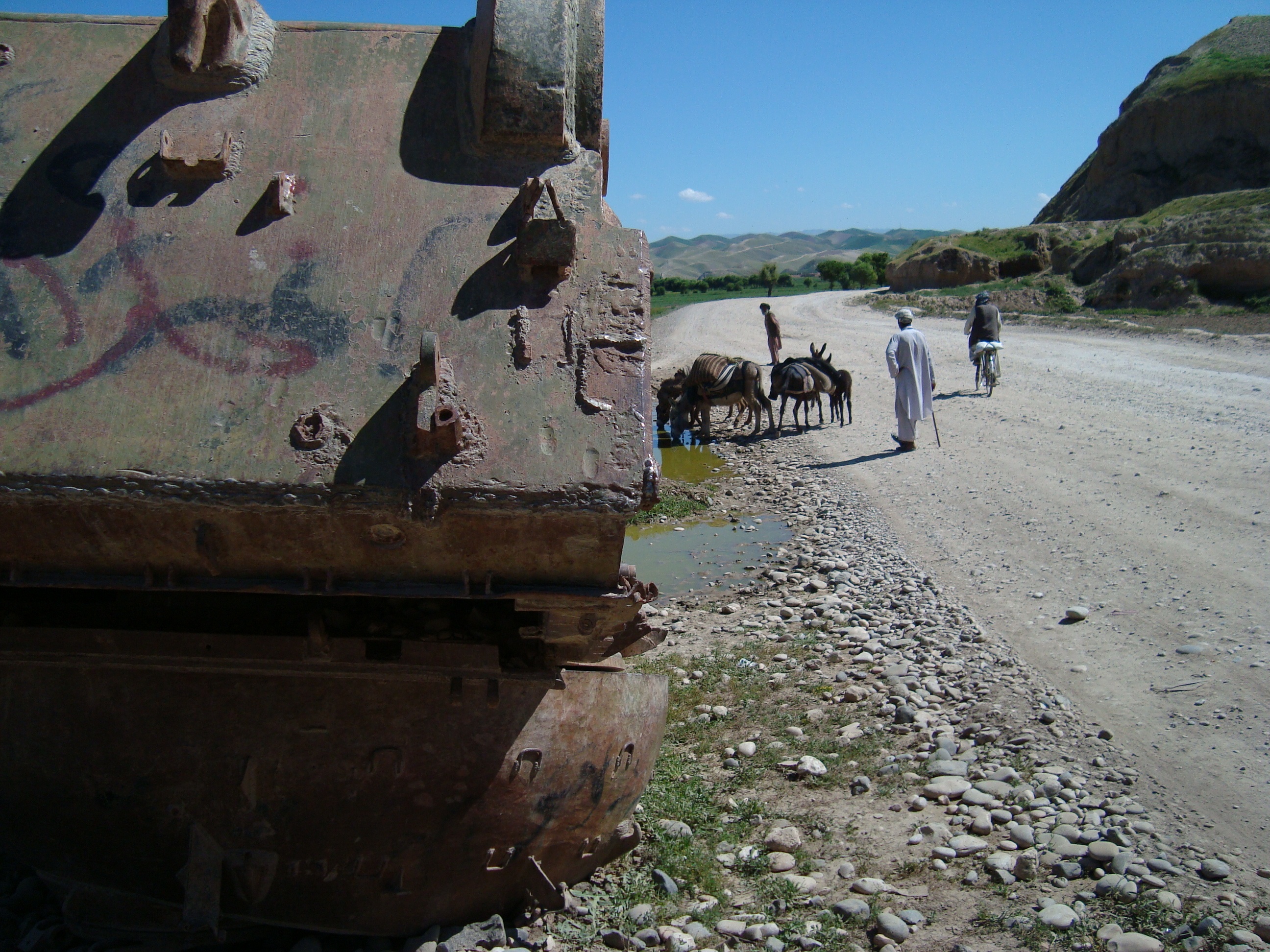
The way Washington sees it, 2011 is the make-or-break year in Afghanistan, during which NATO must somehow turn the quickening tide of insurgency and allow for the United States to begin withdrawing its troops a decade after the invasion. Over the course of this pivotal year, Anna Badkhen journeys through northern Afghanistan and the implacable badlands of western Pakistan by foot, donkey and truck, illuminating the effect on the ground of Washington's policy. Her dispatches give readers an opportunity to look at Afghanistan not through an American soldier's gunsight, but in the same manner in which Afghans farmers, merchants, smugglers and refugees see it: through the glassless windows of a mud hut; from the back of a pack animal trudging on unpaved desert tracks; from the flatbed of a truck wobbling across mountain passes that tick with mines and bristle with ambushes.
Through Badkhen's eyes, her readers take a longer look at the life in Afghanistan's deeply rural north, where Taliban influence is rapidly spreading; at the role of women in the culture that, in the 10th century, gave the world Rabia Balkhi, the first woman known to compose poetry in both Arabic and Persian; at the heavy opium addiction that permeates Afghanistan's most remote villages, where children are introduced to the drug by their mothers; and at the prospect of the emotional healing of a deeply fissured nation that has endured invasions and fratricides for millennia.


